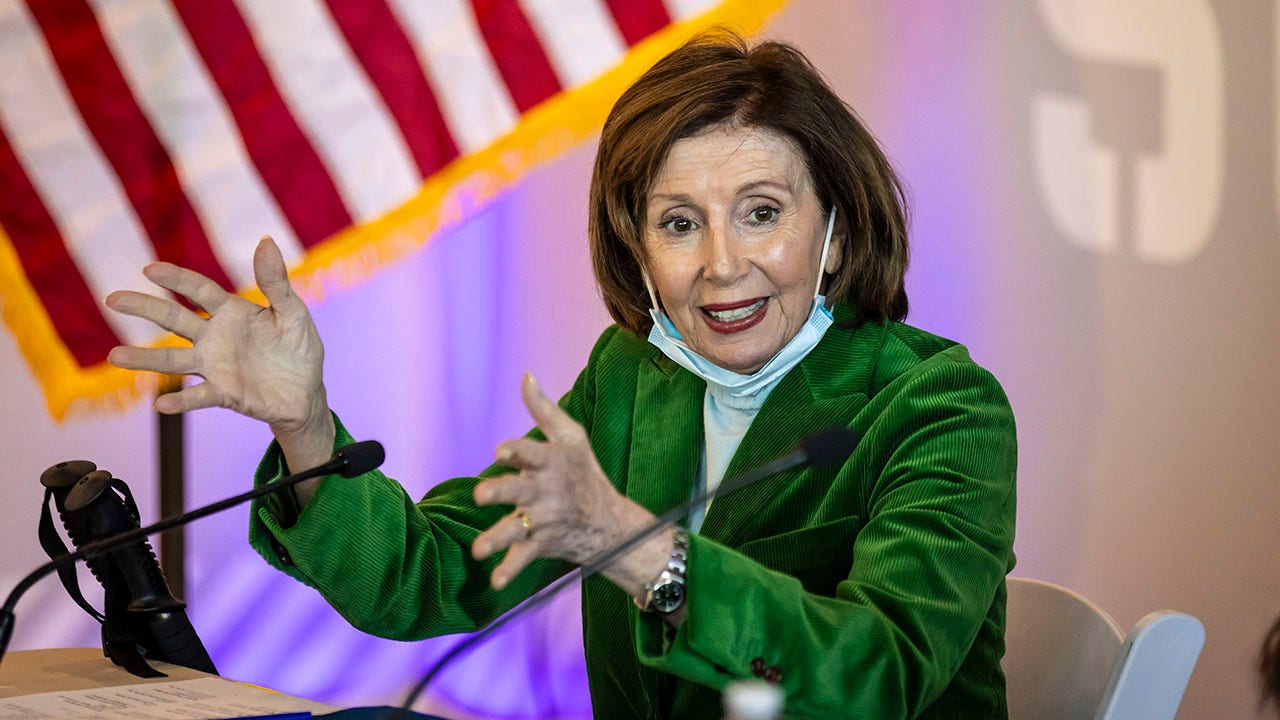In a sudden reversal, President William Ruto of Kenya said on Wednesday that he would not sign the finance bill that he had long said was necessary to stabilize the country’s economy, a response to the devastating protests that gripped the nation on Tuesday.
“Listening keenly to the people of Kenya who have said loudly that they want nothing to do with this finance bill, I concede, and therefore, I will not sign the 2024 finance bill, and it shall subsequently be withdrawn,” Mr. Ruto said in an address to the country.
Nearly two dozen people were killed and over 300 others injured in the demonstrations that turned violent in Kenya as protesters speaking out against the bill’s tax increases clashed with the police on Tuesday, human rights groups said. That death toll makes it one of the bloodiest days in the country’s recent history.
The protests were the largest so far over the bill, which Mr. Ruto’s government introduced last month to raise revenue by imposing additional taxes. The government said the bill was necessary to pay the country’s high debt and to cover the costs of initiatives like roads, rural electrification and farming subsidies.
But the legislation stoked widespread discontent among the public, with opponents arguing that it will onerously increase the cost of living. Critics of the bill also pointed to the lavish lifestyles of Mr. Ruto and members of his administration, and called on officials to limit their expenses. Young protesters, who observers say have largely initiated and guided the demonstrations, were also incensed by the dismissive way in which some leaders have addressed their concerns.
On Tuesday, as lawmakers debated and voted on the finance bill, protesters in Nairobi marched to Parliament to urge them to back down. But Mr. Ruto’s alliance, which has a majority in Parliament, quickly passed the legislation.
A tense mood was lingering in major cities across Kenya on Wednesday, after protesters on Tuesday stormed Parliament and set parts of it ablaze in actions that Mr. Ruto said posed an “existential danger” to the East African nation and prompted him to deploy the military.
Some protesters had vowed to march again on Thursday to protest the crackdown and mourn those killed.
Roseline Odede, the chairwoman of the Kenya National Commission on Human Rights, a state agency, told a news conference on Wednesday that the group would start an inquiry into Tuesday’s violent episode.
“It violates a lot of rights in terms of response,” Ms. Odede said.
The state agency put the death toll at 22, while the independent Kenya Human Rights Commission and the Police Reforms Working Group, a coalition of grass-roots organizations, cited 23 dead.
Although businesses were slowly reopening across the country, newspapers being sold on the streets of Nairobi, the capital, captured the chaos of the previous day. “Pandemonium,” the front page of the Daily Nation newspaper said. “Deaths, chaos, rage,” The Star newspaper declared.
“I am shocked and sad and fuming,” said John Thwagi, a taxi driver who had ventured into the city. “The death and destruction is so unbelievable and so unnecessary.”
The nationwide protests have been leaderless, with young protesters using social media to organize and directly address their lawmakers. Observers say that a large majority of the protesters are members of Gen Z, the generation born in the mid- to late 1990s and early 2000s.
Many have taken to platforms like X and TikTok to agitate against the bill — and to also tell politicians to stay away from the demonstrations and not muddy their movement.
Several people have also put out calls on social media about friends, colleagues and family members who were last seen during the protests on Tuesday. Activists say the wave of abductions that occurred in the days and hours leading up to the demonstrations have continued in their aftermath.
About 50 young Kenyans have been abducted, said Faith Odhiambo, the president of the Law Society of Kenya. They had been vocal about the tax increases and had been threatened, physically trailed and their communications monitored, she said. Those abducted included Ms. Odhiambo’s personal assistant, she said in a statement.
Rights groups have long accused Kenya’s police force of kidnappings and extrajudicial disappearances. The abductions have rattled the country, and prompted chief justice Martha Koome to condemn them on Tuesday.
Justice Koome called for detainees to be presented in court within 24 hours and urged the judiciary to properly investigate and address any accusations. The abductions, she said, “amount to a direct assault on the rule of law, human rights and constitutionalism, which are our guiding national values.”
Two of the abducted were released on Tuesday, according to Ms. Odhiambo. But others remained missing, including Gabriel Oguda, an activist and policy analyst, and Kasmuel McOure, a musician and activist whom The New York Times interviewed in the past few days, Ms. Odhiambo said.
One prominent protester, who declined to be named for safety reasons, said on Wednesday that he had survived an abduction attempt and was in hiding. The protester said that several men had tried to bundle him into a car near his home but that he had run away after members of the public swamped them.
Tensions gripped the city soon after lawmakers approved the finance bill, with large crowds reaching Parliament, scaling its walls and pillaging parts of the facilities. After sundown, Defense Minister Aden Duale said he would deploy the military to support the police in dealing with the “security emergency” in the country. The Law Society of Kenya decried the minister’s move as “unconstitutional.”
An hour later, Mr. Ruto struck an uncompromising tone in a televised speech, calling the protests “treasonous” and blaming “criminals pretending to be peaceful protesters” for the violence.
“I assure the nation that the government has mobilized all resources at the nation’s disposal to ensure that a situation of this nature will not recur again at whatever cost,” Mr. Ruto said.
On Wednesday, the strong smell of tear gas still wafted through the air in downtown Nairobi after the previous day’s clashes between protesters and the police. Large rocks and a burned car were strewed next to the City Hall offices that protesters had breached. Across the street, the fence at the entrance to the Supreme Court complex was destroyed.
Police officers also cordoned off the streets leading to Parliament and were not allowing pedestrians to pass.
Political leaders and rights groups urged the president to de-escalate the situation. Raila Odinga, the opposition leader who lost to Mr. Ruto in the 2022 elections, called on him to scrap the bill and talk with the protesters.
“Kenya cannot afford to kill its children just because the children are asking for food, jobs and a listening ear,” Mr. Odinga said in a statement.





